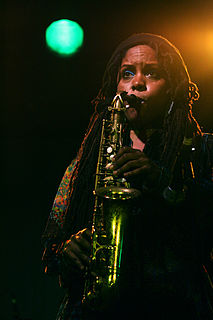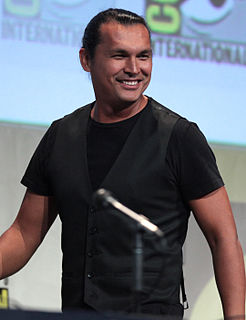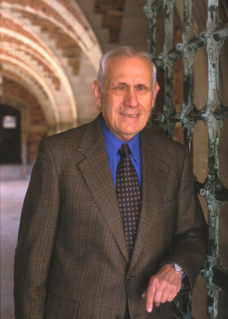A Quote by Chath Piersath
I'm very connected to the story, the history, and the trauma people experience.
Related Quotes
If we take a hard look at what poverty is, its nature, it's not pretty - it's full of trauma. And we're able to accept trauma with certain groups, like with soldiers, for instance - we understand that they face trauma and that trauma can be connected to things like depression or acts of violence later on in life.
Rulers, Statesmen, Nations, are wont to be emphatically commended to the teaching which experience offers in history. But what experience and history teach is this - that people and governments never have learned anything from history, or acted on principles deduced from it. Each period is involved in such peculiar circumstances, exhibits a condition of things so strictly idiosyncratic, that its conduct must be regulated by considerations connected with itself, and itself alone.
We [Americans] have a historical trauma when it comes to the past relationships when it comes to Native Americans and the history of how America was created. With this film, it's nice to see that the trauma is presented from a white male that was in the Civil War and that trauma affects him in a way that still exists.
I'm not a huge fan of 3-D, though. Honestly, I think that movies are an immersive experience and an audience experience. There's nothing like seeing a film with 500 people in a theater. And there's something about putting on 3-D glasses that makes it a very singular experience for me. Suddenly I'm not connected to the audience anymore.
Writing helps us heal in certain way, but it doesn't make the experience of thinking about writing that occasion any less painful. When you revisit trauma, you don't know what's going to be triggering for you because you don't know how it's connected in your mind. So in the same way when we write something, it doesn't completely resolve the experience for us. It can feel therapeutic, but that's not the reason why I do it. I do it to ask a question, or just to find meaning.
We're painting the same people all our life - it's just the way we look at them that changes. If you experience trauma, you can speak about it in so many different ways. You can speak about landscape, you can speak about your food; it's always different. Trauma is the beginning of life as an artist.
I have always wanted to make a series of films which would be like an 'emotional history' that conveys what it feels like to live through history as an experience rather than a grand story. It would be about the relationship between the tiny fragments and moments of personal experience, and the continual backdrop of big events.







































